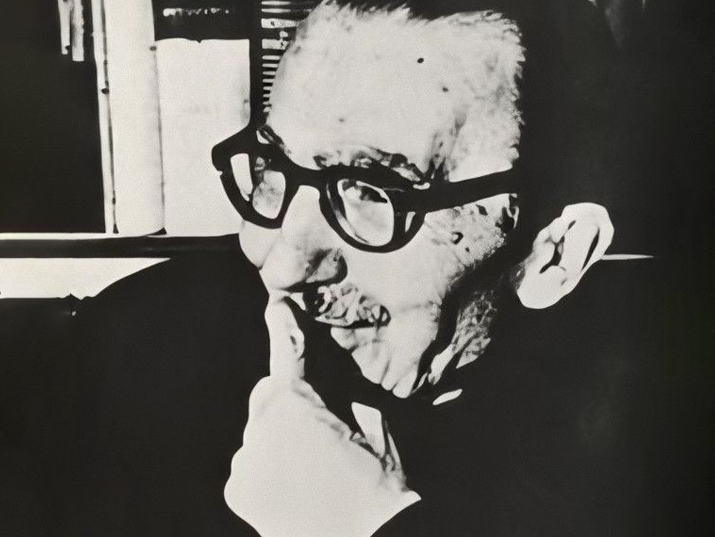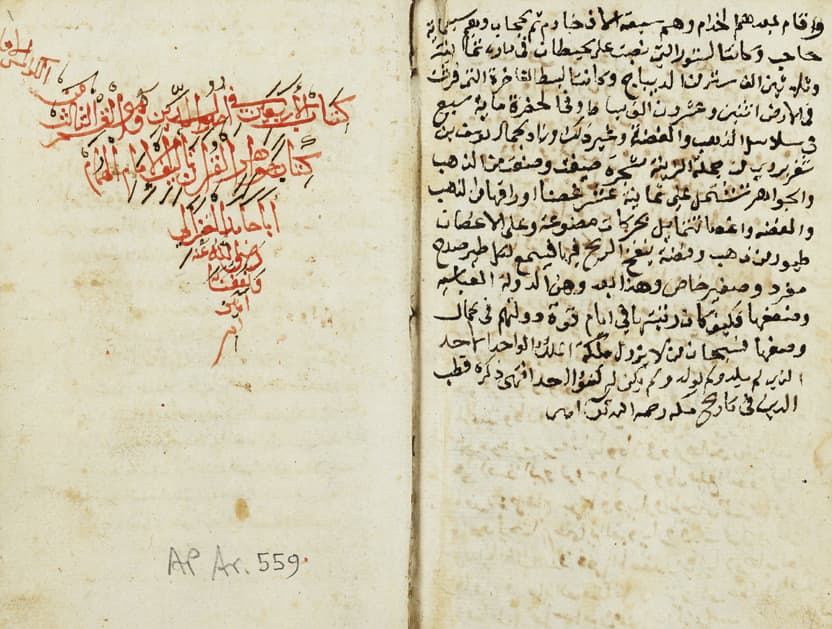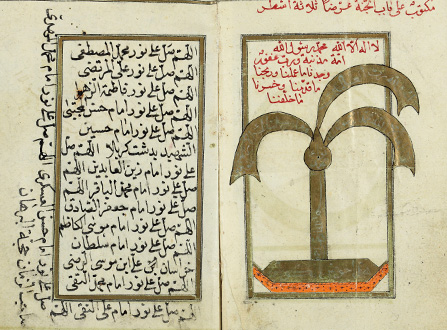Rivers and the power of ancient Rome [electronic resource]
لتكبير النص لتصغير النص- كتاب
Figuring in myth, religion, law, the military, commerce, and transportation, rivers were at the heart of Rome's increasing exploitation of the environment of the Mediterranean world. In Rivers and the Power of Ancient Rome, Brian Campbell explores the role and influence of rivers and their surrounding landscape on the society and culture of the Roman Empire.Examining artistic representations of rivers, related architecture, and the work of ancient geographers and topographers, as well as writers who describe rivers, Campbell reveals how Romans defined the geographical areas they con
| العنوان |
Rivers and the power of ancient Rome [electronic resource] / Brian Campbell. [Studies in the history of Greece and Rome ] |
|---|---|
| الناشر |
Chapel Hill : University of North Carolina Press |
| تاريخ الإصدار |
2012 |
| ملاحظات |
Description based upon print version of record. Includes bibliographical references and indexes. English |
| رقم الرف |
Cover Contents Preface ONE. RIVERS PAST AND PRESENT 1. The Hydrological Cycle and River Dynamics 2. Changes in the Riverine Environment 3. The Watery Origins of Rome 4. The Geographical Setting 5. Problems and Approaches TWO. PUTTING RIVERS ON THE MAP 1. Geographical Writing 2. Space, Measurement, and Location 3. Demarcating Provincial Boundaries 4. Riverine Identity and Cultural Affinity 5. Geographical Descriptions 6. Creating Maps 7. Conclusion: "The boon of a water supply" THREE. RIVERS, LANDS, AND LAWS 1. Definitions 2. The Res Publica and Water Rights 3. Boundaries 4. Managing Disruption5. Alluvial Activity and River Islands 6. Conclusion: Managing Rivers for the Community FOUR. RIVERS IN LITERATURE, RELIGION, AND ART 1. The Hydrological Cycle and Human Life 2. The Riverine Environment 3. Status, Character, and Identity 4. Divine Rivers and Springs 5. The Tiber 6. Riverine Legends 7. Art 8. Conclusion: "A steady column of sweet fluid" FIVE. RIVERS, ARMIES, FLEETS, AND FRONTIERS 1. Military Tactics 2. Settlements and Military Bases 3. Military Supply 4. River Fleets of the Imperial Period 5. Frontiers 6. Conclusion: Rivers in the Service of RomeSIX. EXPLOITING RIVERS 1. Navigable Rivers: Characteristics and Problems 2. Ancient Writing on Navigable Rivers 3. Riverboats 4. Road and River Transport 5. Rivers, Roads, and Bridges 6. Regulating the Flow: Canals and Dams 7. The Riverine Environment: Water Mills, Irrigation, Drainage, and Wetlands 8. Aqueducts 9. Rome and the Distribution of Water 10. Conclusion: "A most gentle trader in all the earth's produce" SEVEN. MOVEMENT OF GOODS BY RIVER (1): SPAIN, GAUL, THE RHINE, AND BRITAIN 1. The Spanish Provinces 2. The Gallic Provinces 3. Along the Rhine4. Britain EIGHT. MOVEMENT OF GOODS BY RIVER (2): THE DANUBE, ITALY, AND THE EAST 1. The Danube and Its Environs 2. Italy: Arnus, Liris, Volturnus 3. Italy: The Padus and Cisalpina 4. Italy: The Tiber Valley 5. The Eastern Provinces 6. Conclusion: River Connections NINE. HEALING WATERS: RIVERS, SPRINGS, RELAXATION, AND HEALTH 1. Relaxing Waters 2. Boating, Swimming, and Fishing 3. Healing Waters and Aelius Aristides 4. Healing Waters: Vitruvius, Pliny, and Pausanias 5. Healing Waters: The Medical View 6. Healing Waters: The Popular View 7. Spas (Aquae): The Evidence8. Types of Treatment 9. Spas, Routes, and Itineraries 10. Fashionable Spa Resorts 11. Management of Spas 12. Conclusion: "As long as a man is at the waters he is never dead" TEN. ROME IN CONTROL OF THE WATERS 1. Rivers as Symbols: Conquest 2. Rivers as Symbols: Cooperation 3. Reversal of Fortune 4. Epilogue: "The Romans always win" Abbreviations Appendix 1. Spas in the Roman World Appendix 2. Navigable Rivers according to Ancient Authors Notes Bibliography Index of Persons A B C D E F G H I J K L M N O P Q R S T U V X Index of Places |
| سلسلة |
Studies in the history of Greece and Rome Rivers and the power of ancient Rome. |
| الشكل |
1 online resource (606 pages) |
| اللغة |
الانكليزية |
| رقم النظام |
997010718693005171 |
MARC RECORDS
وسوم
- Rivers Italy Rome History.
- Rivers Political aspects Italy Rome History.
- Rivers Social aspects Italy Rome History.
- Rivers in art.
- Rivers in literature.
- Navigation Italy Rome History.
- River life Rome History.
- nne Navigation, Primitive
- Brooks
- Creeks
- Runs (Rivers)
- Streams
- Rome (Italy) Geography.
- Rome (Italy) Politics and government.
- Rome (Italy) Commerce.
- Rome (Italy : Comune)
- Rome (Italy : Governatorato)
- Rūmah (Italy)
- Roma (Italy)
- Rom (Italy)
- Rím (Italy)
- Rzym (Italy)
- Comune di Roma (Italy)
- E0122860 E0122860 N0415400 N0415400
- E0122900 E0122900 N0415400 N0415400
- E0121404 E0125120 N0420827 N0413920
- E0122030 E0124349 N0420301 N0414610
أتعرفون المزيد عن هذا العنصر؟ وجدتم خطأ ما؟

 سجل الدخول باستخدام غوغل
سجل الدخول باستخدام غوغل
 تسجيل الدخول باستخدام فاسيبوك
تسجيل الدخول باستخدام فاسيبوك



